This post was originally published on Outlier Media.
Every year in the city of Detroit between 150 and 200 babies die before their first birthday, according to Dr. Kimberlydawn Wisdom, senior vice president of Community Health & Equity at Henry Ford Health, and Michigan’s first surgeon general.
“In a city as beautiful and progressive as Detroit, with major health systems, how can that be? That rivals developing countries,” she said.
Henry Ford Health is part of Hope Starts Here, a city-wide initiative supported by the W.K. Kellogg Foundation and the Kresge Foundation that brings together a coalition of nonprofit organizations to address issues within the early childhood education and healthcare systems. Hope Starts Here’s six goals, or imperatives, are: promoting the health, development, and well-being of Detroit children; parent and family leadership; providing high-quality programs and professionals; cultivating safe and inspiring environments; building better system alignment; and increasing funding for early childhood education.
The organizations working under Imperative 1 are addressing health disparities that affect Detroit families with Henry Ford Health and the Detroit Health Department combatting low birth rates, and groups like Keep Growing Detroit tackling food access. The goal is to ensure that health care and social services are accessible during the early stages of a child’s life.
Wisdom, who also serves as Henry Ford Health System’s chief wellness & diversity officer, is the co-lead for Hope Start Here’s Imperative 1. The main goal of this imperative is to better support the first 1,000 days of a child’s life, from conception to age five, and establish a comprehensive health and developmental screening system.
To do this, Henry Ford is working on a campaign called “First Tri” that will encourage expecting mothers and health professionals to focus more on the first trimester of pregnancy, to help ensure the health of both the mother and baby.
“If you can get through that first trimester, you have a greater chance of having a safe pregnancy,” Wisdom said. “However, in our traditional medical model, typically we encourage women to make their appointment with an OBGYN after the first trimester. … Now I like to think we’ve gotten wiser and we’ve realized there’s a lot that can happen during that first trimester.”
Through the First Tri campaign, Wisdom said, they are working on teaching pregnant mothers the importance of healthy choices, like tobacco cessation, healthier eating habits, proper sleep, and taking proper vitamins during the first trimester. They also guide pregnant people toward resources like WIC, transportation to doctor’s appointments through the health department, and other services through the 961-BABY (313-961-2229) hotline. Henry Ford works with more than 30 organizations to share these resources through the Detroit Maternal Child and Family Health Alliance.
While this work doesn’t exclude anyone, Wisdom said, Hope Starts Here is prioritizing Black mothers who are at greater risk for pregnancy complications.
“This is in Detroit and we know the majority of pregnant women in Detroit are going to be Black,” she said. “It’s data driven. African American moms are two to three times more likely to die a pregnancy-related death.
Using the garden as a classroom
Detroit’s health inequity problem is also being addressed by Keep Growing Detroit, an urban agriculture organization that focuses on food insecurity. The organization runs a farm in Eastern Market and also provides seeds, transplants, and gardening classes to Detroiters through its Garden Resource Program. The GRP supports 2,400 farms and gardens in Detroit, Highland Park, and Hamtramck. This includes gardens at roughly 40 day care, home child care, and Head Start centers, allowing them to include fruits and vegetables from the gardens in their meals.
Child care facilities that are part of the GRP receive additional support to make gardening a learning experience for young children. This includes encouraging activities like rainbow scavenger hunts, and “follow that nose” activities which help children learn colors and identify garden herbs from their smell.
“We call it garden-based learning,” Keep Growing Detroit Co-Director Lindsay Pielack explained. “You have a garden with all this beautiful produce growing, so you take a paint swatch and have the children find the colors. These are skills that are developmentally appropriate for young children and the garden can be a tool to achieve the outcomes that they are working on in the classroom as well, like learning to take turns to use the gardening hose and having patience when growing vegetables.”
KGD has also partnered with organizations like the Detroit Hispanic Development Corporation to conduct gardening-based learning with Spanish-speaking mothers. In addition, KGD has hosted workshops with the Black Mothers Breastfeeding program, teaching mothers who have been breastfeeding how to introduce fresh foods into their babies’ diets.
“It’s gardening, but it’s got this overlay of how do you meet the needs of the child, whether it’s brain development or getting them to try fruits and vegetables,” Pielack said. “In interviews with GRP members, we found many of them use gardens as a way to stabilize and support their family’s income. It contributes to physical and mental health. And the ability to go out in the garden and have some peace and quiet is important to both children and adults.”
Most importantly, KGD supports Detroit families by creating an ecosystem of people who are all working towards food sovereignty, wellness, and community care.
“For example, you’re coming to us because you’re looking for fresh, healthy food while you’re pregnant. Well, we’re connected to a church who has a garden but also has a food pantry,” Pielack said. “Or we’re connected to an amazing doula who also does full spectrum work. Yes, there’s this massive moving ship, which is the Garden Resource Program, where people come and get seeds and plants from us, but within that is this incredibly powerful network of relationships and skills, and we work really hard to uplift that and to support whoever we meet at the door.”

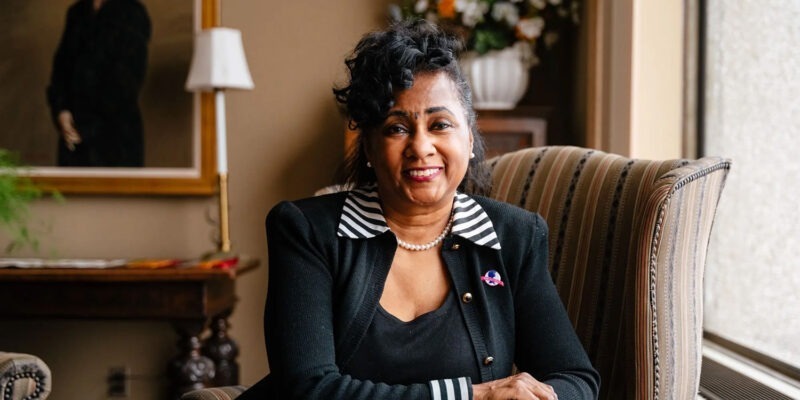
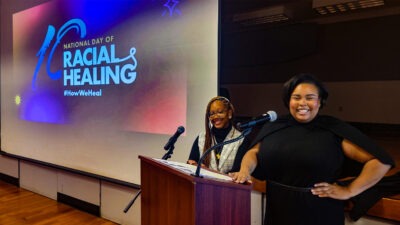
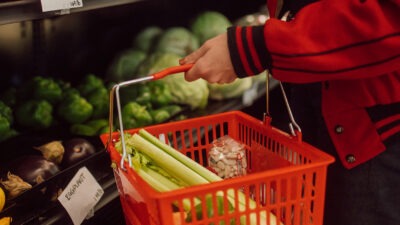
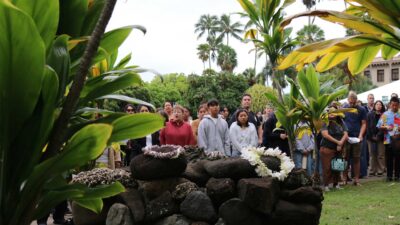
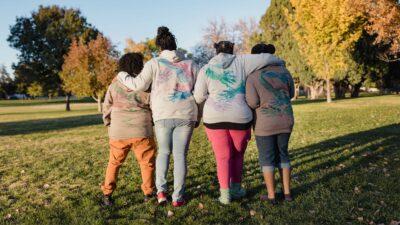
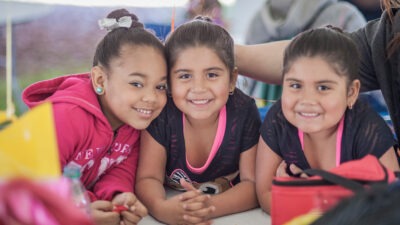
Comments